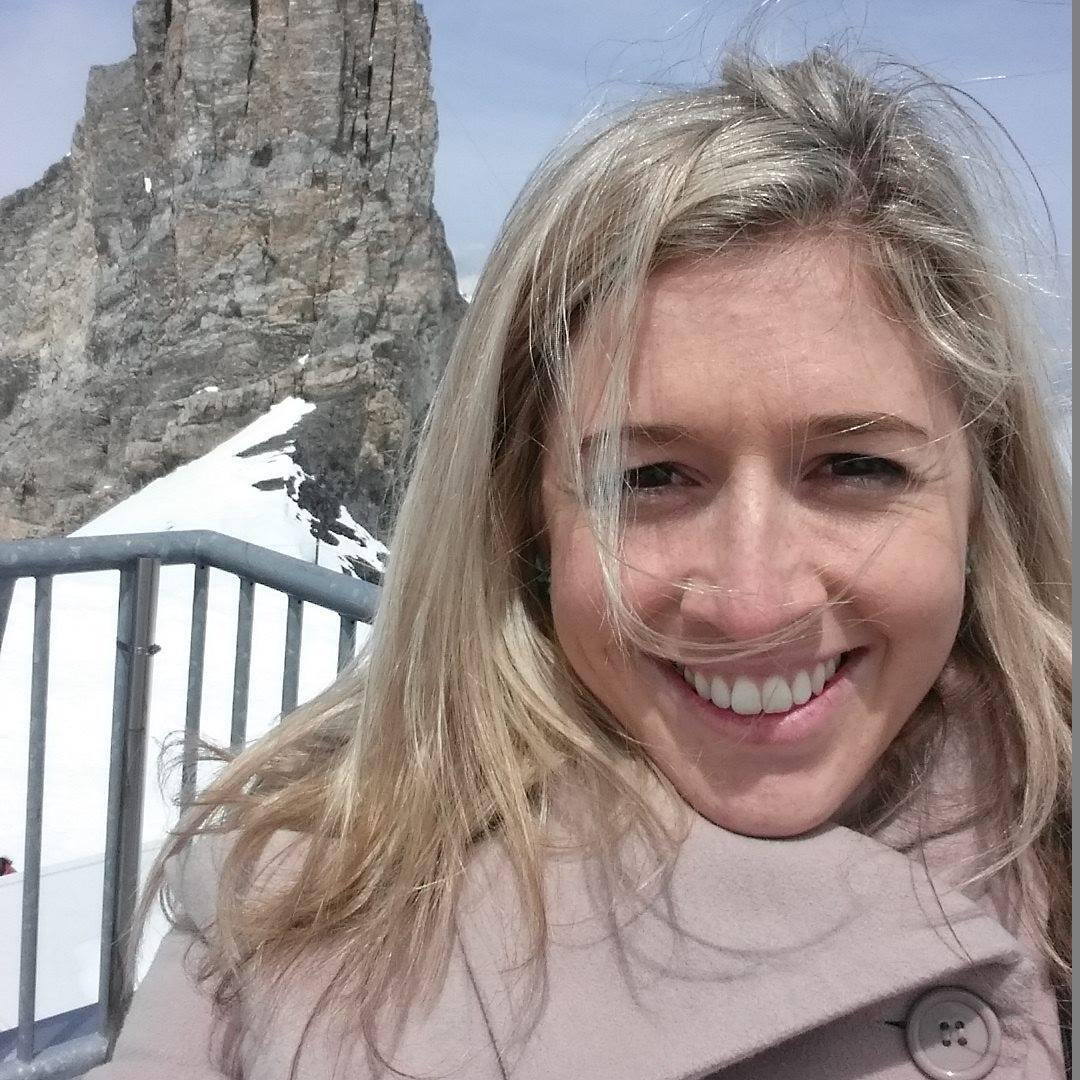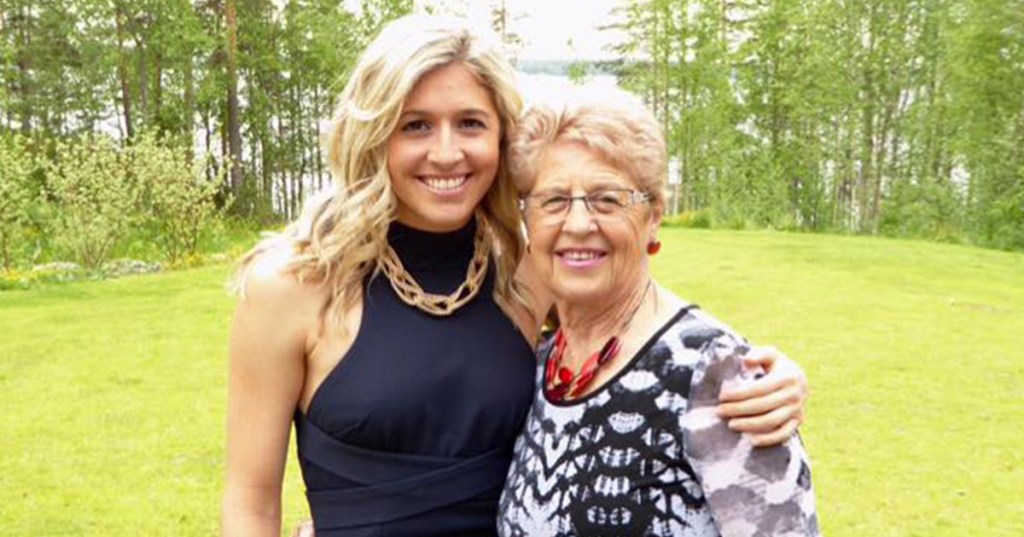The world said goodbye to Holly Butcher, a 27-year-old woman from Grafton, Australia.
Butcher had been battling Ewing’s sarcoma, a rare bone cancer that predominantly affects young people. In a statement posted on Butcher’s memorialized Facebook account, her brother, Dean, and partner, Luke, confirmed the heartbreaking news to friends.
“It is with great sadness that we announce Holly’s passing in the early hours of this morning,” they wrote on Jan. 4, 2018. “After enduring so much, it was finally time for her to say goodbye to us all. The end was short and peaceful; she looked serene when we kissed her forehead and said our final farewells. As you would expect, Holly prepared a short message for you all, which will be posted above.”
Butcher’s message, which Dean and Luke did, in fact, post publicly shortly thereafter, has brought the internet to tears.
We believe her powerful message — which has amassed an incredible 72,000 Likes and 56,000 shares across the world so far — deserves to be spread far and wide.
Butcher used her final post to reflect on what she’s learned in her short but beautiful life, offering some advice to those of us who are willing to listen.
“It’s a strange thing to [realize] and accept your mortality at 26 years young,” she began. “I always imagined myself growing old, wrinkled and gray — most likely caused by the beautiful family (lots of kiddies) I planned on building with the love of my life. I want that so bad it hurts. That’s the thing about life; It is fragile, precious and unpredictable and each day is a gift, not a given right.”
Butcher’s poignant post is definitely worth reading in full. But here are 16 especially powerful points:
1. “I just want people to stop worrying so much about the small, meaningless stresses in life and try to remember that we all have the same fate after it all, so do what you can to make your time feel worthy and great, minus the bullshit. … Those times you are [whining] about ridiculous things (something I have noticed so much these past few months), just think about someone who is really facing a problem. Be grateful for your minor issue and get over it. It’s OK to acknowledge that something is annoying but try not to carry on about it and negatively affect other people’s days.”
2. “Once you do that, get out there and take a freaking big breath of that fresh Aussie air deep in your lungs, look at how blue the sky is and how green the trees are; It is so beautiful. Think how lucky you are to be able to do just that — breathe. You might have got caught in bad traffic today, or had a bad sleep because your beautiful babies kept you awake, or your hairdresser cut your hair too short. … I swear you will not be thinking of those things when it is your turn to go. It is all SO insignificant when you look at life as a whole. I’m watching my body waste away right before my eyes with nothing I can do about it and all I wish for now is that I could have just one more birthday or Christmas with my family, or just one more day with my partner and dog. Just one more.”

3. “I hear people complaining about how terrible work is or about how hard it is to exercise — be grateful you are physically able to. Work and exercise may seem like such trivial things…until your body doesn’t allow you to do either of them… Appreciate your good health and functioning body — even if it isn’t your ideal size. Look after it and embrace how amazing it is.”
4. “Give, give, give. It is true that you gain more happiness doing things for others than doing them for yourself. I wish I did this more. Since I have been sick, I have met the most incredibly giving and kind people and been the receiver of the most thoughtful and loving words and support from my family, friends and strangers; more than I could ever give in return. I will never forget this and will be forever grateful to all of these people.”
5. “This year, our family agreed to do no presents and despite the tree looking rather sad and empty (I nearly cracked Christmas Eve!), it was so nice because people didn’t have the pressure of shopping and the effort went into writing a nice card for each other. Plus, imagine my family trying to buy me a present knowing they would probably end up with it themselves … strange! … but those cards mean more to me than any impulse purchase could. … Anyway, moral of the story — presents are not needed for a meaningful Christmas.”
6. “Use your money on experiences … or at least don’t miss out on experiences because you spent all your money on material shit. Put in the effort to do that day trip to the beach you keep putting off. Dip your feet in the water and dig your toes in the sand. Wet your face with salt water.”
7. “Try just enjoying and being in moments rather than capturing them through the screen of your phone. Life isn’t meant to be lived through a screen nor is it about getting the perfect photo.”

8. “Listen to music … really listen. Music is therapy.”
9. “Cuddle your dog. Far out, I will miss that.”
10. “Talk to your friends. Put down your phone. Are they doing OK?”
11. “Travel if it’s your desire, don’t if it’s not.”
12. “Work to live, don’t live to work.”
13. “Seriously, do what makes your heart feel happy.”
14. “Don’t feel pressured to do what other people might think is a fulfilling life. You might want a mediocre life and that is so OK.”
15. “Tell your loved ones you love them every time you get the chance and love them with everything you have.”
16. “Oh and one last thing. If you can, do a good deed for humanity (and myself) and start regularly donating blood. It will make you feel good with the added bonus of saving lives. Blood donation (more bags than I could keep up with counting) helped keep me alive for an extra year — a year I will be forever grateful that I got to spend here on Earth with my family, friends and dog. A year I had some of the greatest times of my life.”
Butcher may be gone, but her impact will live on in the hearts and minds of people around the world.
“Never [met] her, but I am very touched and in tears,” one Facebook user commented. “Such a bright light for a seemingly dark world at times,” another chimed in. “Beautiful.”
“What a wise soul she is,” someone concluded. “I’m off to donate my blood.”
Rest in peace, Holly. You made this world a better place. ❤️
If you are in the U.S. and inspired by Butcher’s message, consider finding a blood donation center near you. You could save a life.
This article originally appeared on 01.08.18







































